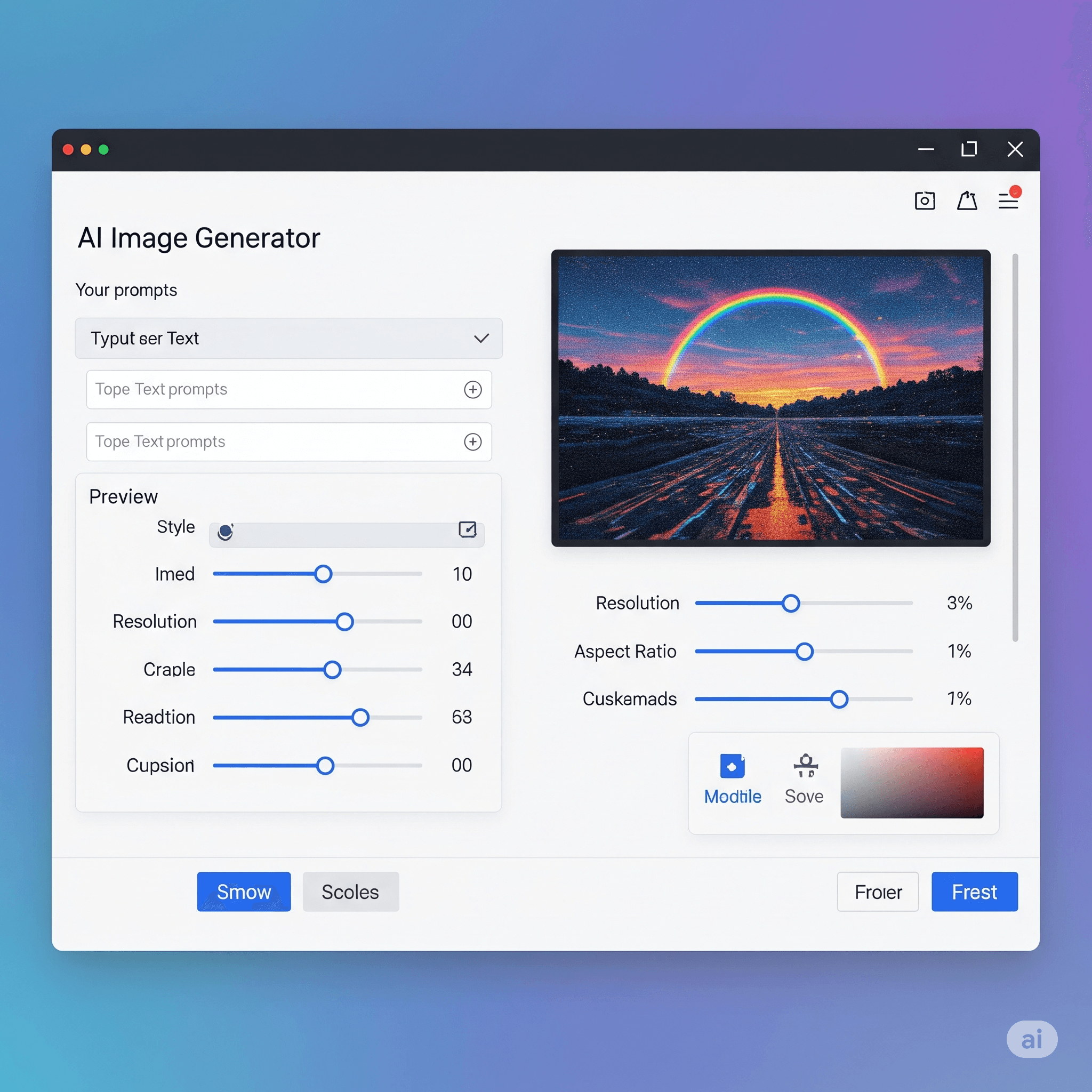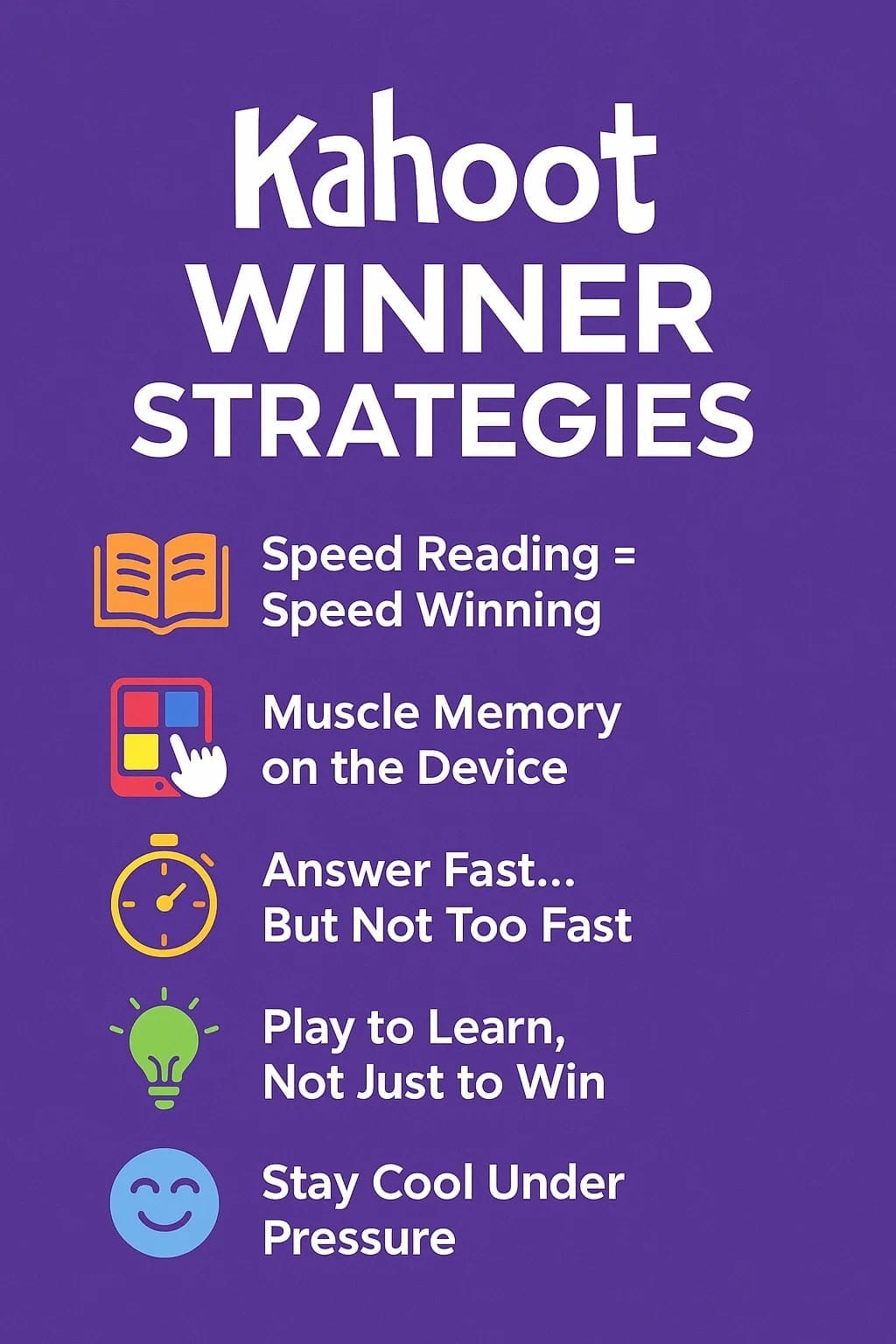Question: Which of the following is/ are operating systems
Answer:
Operating systems are software programs that manage and control computer hardware and software resources, providing a platform for other software applications to run. Some examples of operating systems include:
1. Windows: Developed by Microsoft, Windows is a widely used operating system for personal computers. Versions of Windows include Windows 10, Windows 8, Windows 7, and earlier versions like Windows XP and Windows 98.
2. macOS: Developed by Apple Inc., macOS is the operating system used on Apple Macintosh computers. It provides a user-friendly interface and seamless integration with Apple hardware and software.
3. Linux: Linux is an open-source operating system that is based on the Unix operating system. It is known for its stability, security, and flexibility. Various distributions of Linux are available, such as Ubuntu, Fedora, Debian, and CentOS.
4. Android: Android is a popular operating system designed for mobile devices such as smartphones and tablets. It is developed by Google and is based on the Linux kernel. Android allows users to access a wide range of applications from the Google Play Store.
5. iOS: iOS is the operating system used on Apple's mobile devices, including iPhones, iPads, and iPod Touch. It offers a secure and intuitive user experience and provides access to the Apple App Store.
6. Chrome OS: Chrome OS is an operating system developed by Google primarily for Chromebooks and Chromebox devices. It is based on the Linux kernel and is designed to work primarily with web applications and cloud-based services.
These are just a few examples of operating systems, and there are many other specialized operating systems used in specific contexts, such as real-time operating systems (RTOS) for embedded systems or server operating systems for data centers.
MCQ: Which of the following is/ are operating systems
Explanation:
Operating systems are software programs that manage and control computer hardware and software resources, providing a platform for other software applications to run. Some examples of operating systems include:
1. Windows: Developed by Microsoft, Windows is a widely used operating system for personal computers. Versions of Windows include Windows 10, Windows 8, Windows 7, and earlier versions like Windows XP and Windows 98.
2. macOS: Developed by Apple Inc., macOS is the operating system used on Apple Macintosh computers. It provides a user-friendly interface and seamless integration with Apple hardware and software.
3. Linux: Linux is an open-source operating system that is based on the Unix operating system. It is known for its stability, security, and flexibility. Various distributions of Linux are available, such as Ubuntu, Fedora, Debian, and CentOS.
4. Android: Android is a popular operating system designed for mobile devices such as smartphones and tablets. It is developed by Google and is based on the Linux kernel. Android allows users to access a wide range of applications from the Google Play Store.
5. iOS: iOS is the operating system used on Apple's mobile devices, including iPhones, iPads, and iPod Touch. It offers a secure and intuitive user experience and provides access to the Apple App Store.
6. Chrome OS: Chrome OS is an operating system developed by Google primarily for Chromebooks and Chromebox devices. It is based on the Linux kernel and is designed to work primarily with web applications and cloud-based services.
These are just a few examples of operating systems, and there are many other specialized operating systems used in specific contexts, such as real-time operating systems (RTOS) for embedded systems or server operating systems for data centers.
Discuss a Question
Related Questions
- 1. “MAN” stands for
- 2. Which of the following is a network topology
- 3. Which of the following is a type of network
- 4. VOIP stands for……….
- 5. The first web browser is
- 6. LAN stands for……………
- 7. ………. are set of rules and procedures to control the data transmission over the internet
- 8. NOS stands for
- 9. …………… are system software to facilitate editing of text and data
- 10. Computers, combine both measuring and counting, are called :
You may be interested in:
Computer Basics MCQs






